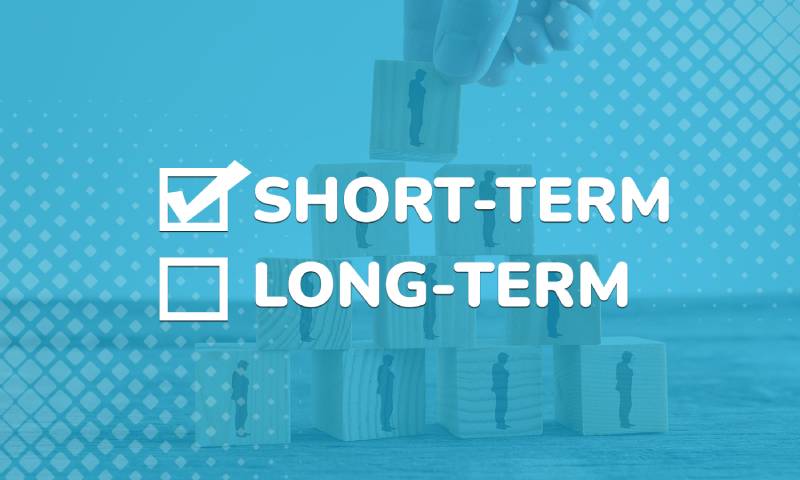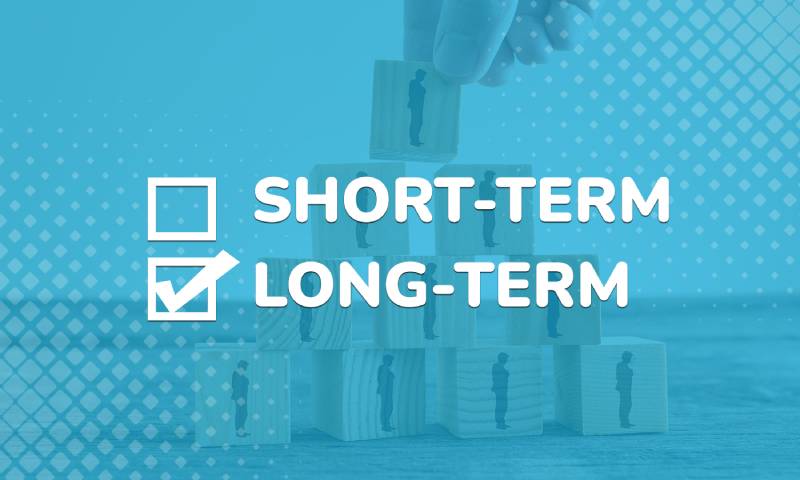
Ethical Leadership Workshop

Introduction to the Workshop
Ethical Leadership is a lot more than just management and leading people; it’s all about building ethics and managerial skills. This Workshop on ethical Leadership aims to provide the right direction to people and let them share their business and ethical vision. The participants of the Workshop will be able to explore and master the skills and knowledge necessary to take their leadership skills to the next level. You will gain a strong understanding of the importance of ethical Leadership for employees, customers, and the company/group as a whole.

Features of this Workshop
The critical impact of ethical Leadership and management
Improvement in employee performance and retention
Ethical reasoning and decision-making
Key traits of an ethical leader
Principles of Ethical Leadership
Adaptation to ethical behavior
Quality assurance
Performance Management
Professional Development
Benefits of Attending this Ethical Leadership Workshop
- Understand how organizational, psychological, and cultural forces can influence ethical behavior
- Polish your capabilities of taking a stand for yourself and justify your decisions
- Learn the skills to recognize competing values in an organization
- Learn the skills to develop processes and procedures for an organization that results in ethical outcomes
- You will explore the methods to incubate ethical behavior that will grow your career
- Learn how to manage challenging economic, legal, and ethical responsibilities
- Learn the core responsibilities of an ethical leader in the competitive world


Who Should Join this Workshop?
- Leaders at different levels desiring to ensure their organizations or groups work ethically
- Executives, middle managers, and compliance professionals can also join in polishing their leadership qualities
- Strategic planners who are responsible for critical decision making
- Project managers and team leaders desiring to improve their leadership approach
Learning Objectives
- The participants are expected to grasp the importance of ethical Leadership in business organizations
- Our Workshop will help you embrace the role of ethics in decision-making required in an organization
- The participants will be able to apply the learned ethical theories to the real-world practices of Leadership
- Our Workshop aims to help individuals to learn their own ethical practices and actions in their leadership roles
- Shape the future ethical leaders by developing ethical leadership skills


What is Ethical Leadership?
Ethical Leadership is a form of Leadership in which an individual leader is required to take appropriate conduct via personal actions and interpersonal relations. In real-world scenarios, this means putting individuals into management or leadership roles who will give a display of appropriate and ethical work in their actions and relationship in the group or organization. Ethics have become really important in today’s business world. Successful business leaders must model their moral behavior in the workplace if they are responsible for the decision-making process and guiding others. Nowadays, people expect a great leader’s integrity, ethics, and moral behavior.
Importance of Ethical Leadership
Ethical Leadership is important for both short-term and long-term success.

Short-Term
Leaders with ethics can boost employee morale and assist them to feel excited about their work and team. Such a leader boosts positivity and collaboration in a group or organization and makes everyone delighted to work together.

Long-Term
Ethical leaders can save an organization or a group from scandals, ethical issues, and ethical dilemmas. Organizations with such leaders are able to retain and gain more customers and partnerships. Ultimately, trust and employees are super important for the long-term success of an organization.
Principles of Ethical Leadership
The Workshop will let you explore how ethical-leadership principles provide a framework for leaders. This framework is meant to understand the effect of judgments, moral awareness, action, intention, or behavior on members of a group or organization.
Leading with Example
Ethical leaders have realistic expectations from individuals. They have a great understanding of the challenges faced by each individual and their work. Thus, they are able to guide the individuals genuinely and provide moral support. Individuals respect leaders who make decisions with integrity and honesty in mind.
Effective Communication
Ethical leaders have a stronghold on effective communication skills to make that their group or organization is a place of honesty, trust, and integrity. Effective communication can resolve hostility and trust issues while propagating ideas.
Will to Evolve and Change
Good leaders are always willing to embrace change and evolve. They are willing to take risks and change with the competition and situations. This attitude also helps the leaders governed by that leader become adaptable and evolve.
Equal Respect for Everyone
Ethical leaders have empathy and respect for everyone irrespective of their position. It is a strong way to build trust and loyalty among a group or organization; people have a better sense of belonging when treated fairly.
Managing Stress
Ethical leaders have good experience in managing stressful situations, both in their work and personal life. They don't take out their stress on others and learn how to deal with it without creating anger, frustration, or fear. Good leaders always practice ethical behavior to manage their stress.


